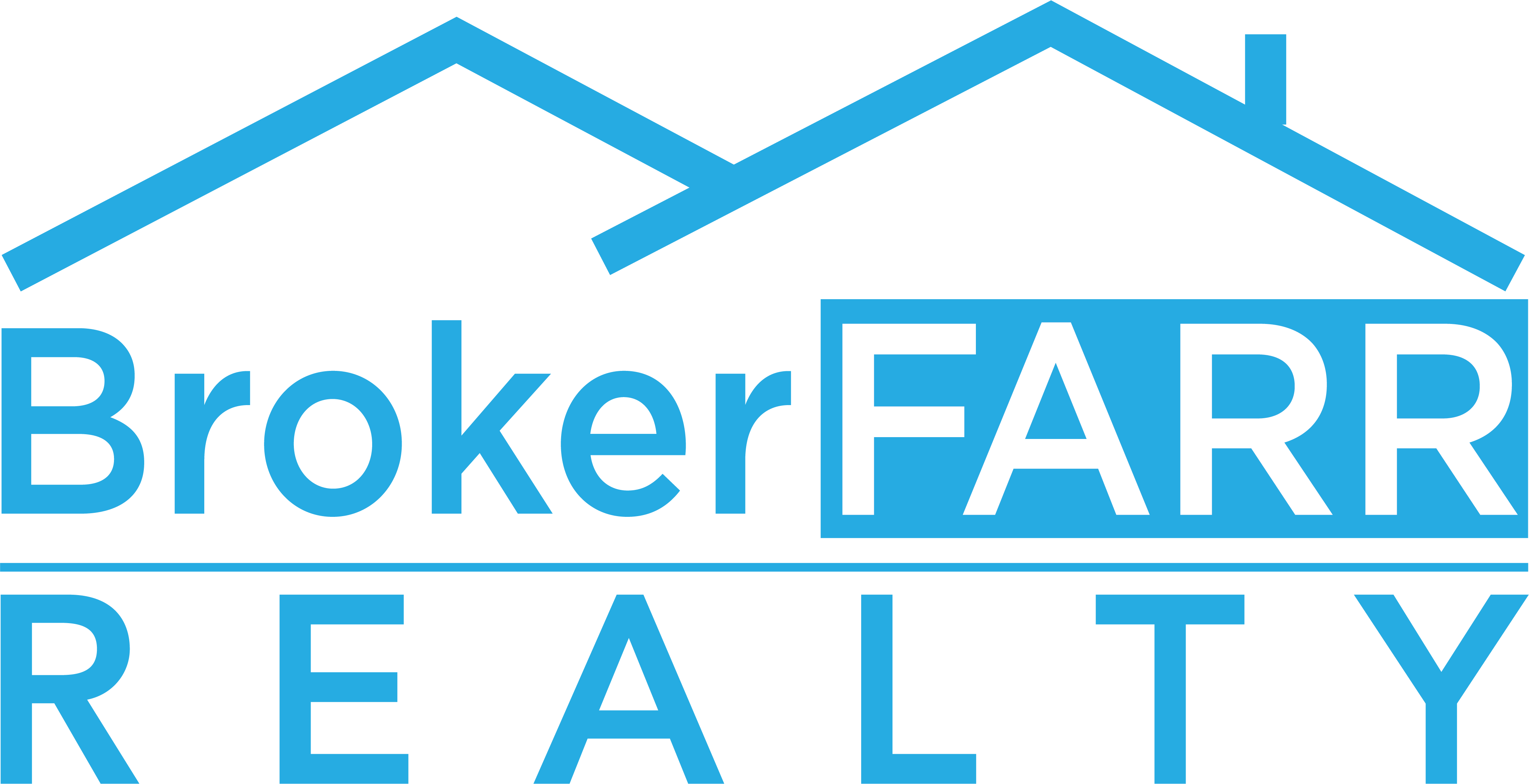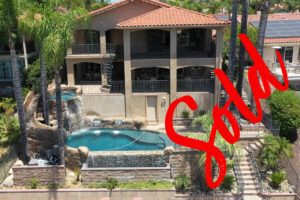 Paying Taxes after Selling Your Home
Paying Taxes after Selling Your Home
Have you lived in your home for over 2 years? You may not be liable to pay tax on the sale of your home if the net profit is less than $250,000 if you’re single, or $500,000 if you’re married and file a joint tax return. The IRS provides a home sales exclusion for the sole purpose the sale of your primary residence when you meet the qualifying conditions.
Timeframe: You would need to have owned the home for at least two of the last five years to qualify, and you must have lived in it as your primary residence for at least two of the last five years as well.
Your time of ownership doesn’t have to be concurrent with the time you lived there.
Home Sale Exclusion?
It provides that anyone, regardless of their age, can exclude up to $250,000 in gains on the sale of a home, and a married couple filing jointly can exclude up to $500,000. This means that most people will pay no tax on the sale of their home unless they lived there for less than the amount of time mentioned above.
Tax-Free Gains When They Sell Their Home?
You must meet the following IRS requirements to qualify for the capital gains tax exclusion on your home sale:
The ownership test: You owned the home for at least two of the last five years.
The residency test: You lived in the home as your main residence for at least two of the last five years.
The home must be your primary residence, not a secondary or vacation home.
Your ownership period and residency period don’t have to be concurrent. You could rent the home and live there for two years, then purchase it and own it for the remaining three years while living elsewhere. You can use this capital gain exclusion to avoid tax on a home sale over and over, provided that you meet these rules.
How Are Gains or Losses Calculated?
You can run the numbers on your home sale by taking the original purchase price and subtracting any applicable selling costs, less the cost basis. Your cost basis is what you paid for the home plus the cost of any qualifying home improvements.
For example, you might have paid $480,000 for the property, and you spent $60,000 on allowable improvements and additions. Your cost basis then would be $420,000. Selling the home for $650,000 less commissions and fees of $39,000 would leave you with $611,000. The difference between the net of $611,000 and the $420,000 is your capital gain: $191,000
You won’t pay tax on this amount if you have lived in the home for at least two years, owned it for at least two years, and didn’t exclude the gain from another sale in the last two years. That $191,000 under the exclusion threshold, whether you’re married or single.
Remember to store all your receipts and records of any improvements made to the home to help reduce the total amount of your taxable gains. Certain types of home improvements can be added to your cost basis and will reduce the amount of reported gain.
Send us a message or comment
 Paying Taxes after Selling Your Home
Paying Taxes after Selling Your Home